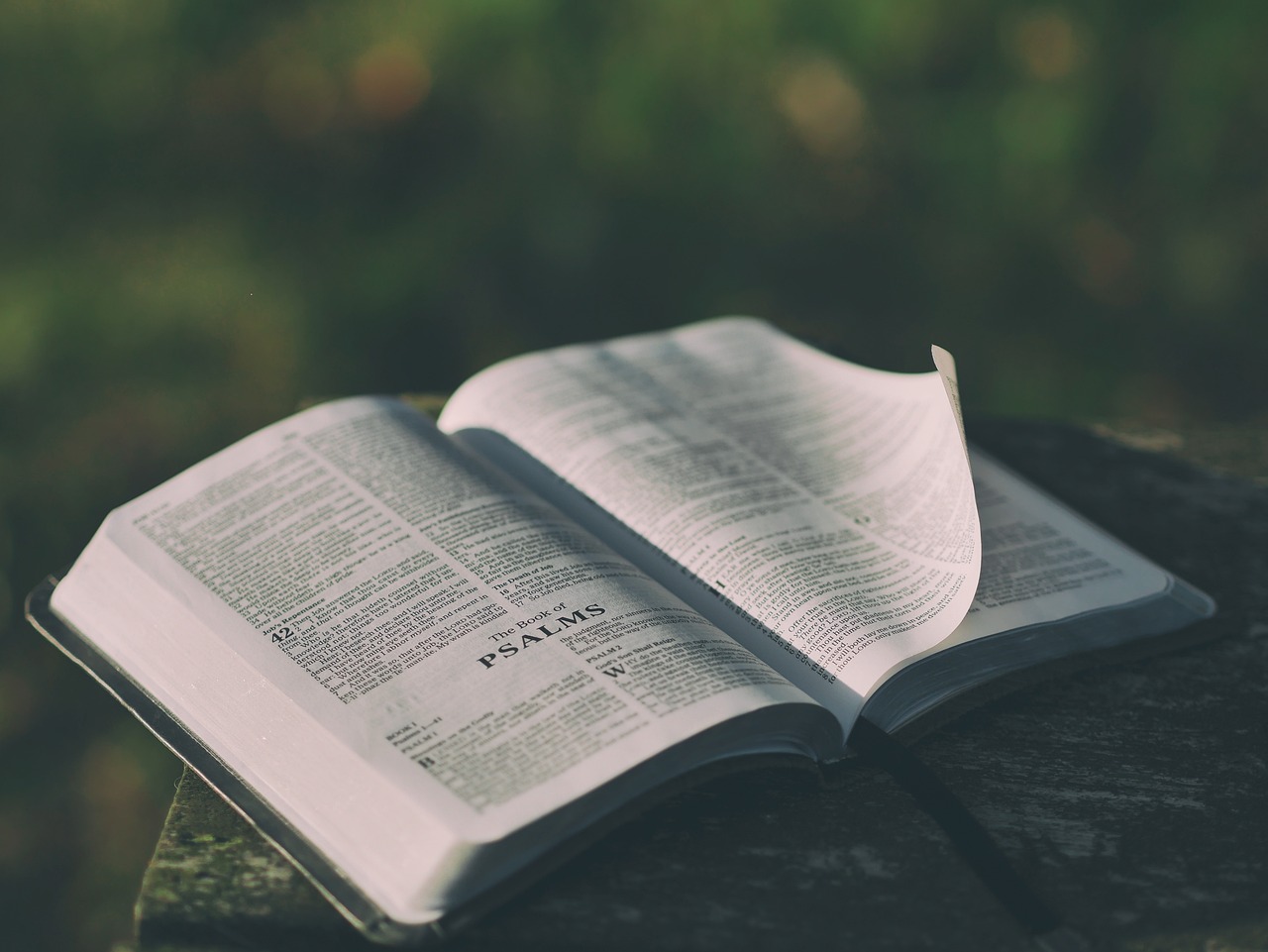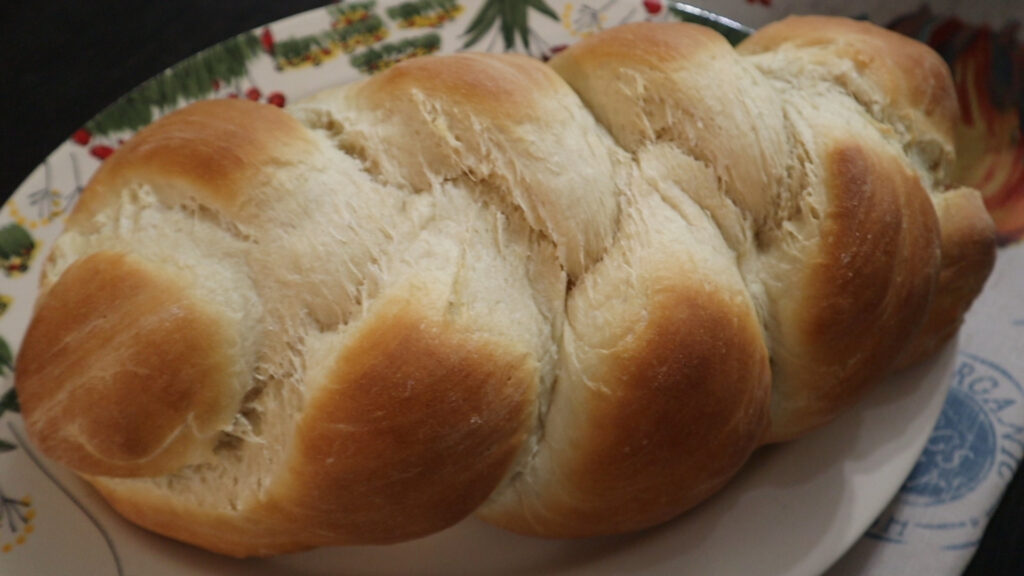**Disclaimer, this blog was created in no place of judgement of others or their beliefs. It was written to share how our family celebrates Shabbat according to scripture.
Growing up Dylan and I both attended Christian churches that worshiped on Sunday. As we’ve grown older and read scripture together we’ve discovered Saturday Sabbath. God/Adonai slowly opened our eyes to his word and his scripture as a whole. It’s been a beautiful journey, full of ups and downs but it’s been such a blessing. Our family is on our fourth year of keeping Saturday Sabbath. We attended a Saturday fellowship for a short while but God/Adonai simply lead us elsewhere.
We aren’t Seventh Day Adventists. We consider ourselves whole bible believers. You can read more in our “statement of faith“. The sabbath isn’t the only holy day we follow. We also enjoy celebrating the biblical feasts. Such as Passover, Feast of Unleavened Bread, First Fruits, Counting the Omer, Pentecost/Shavuot, Feast of Trumpets, Feast of Tabernacles/Sukkot, Day of Atonement and the Last Great Day. These days hold the gospel message and so many more beautiful details!
Watch to catch a glimpse of what preparation day looks like for our family!
What Happens on Saturday?
When it comes to the actual Sabbath day – Saturday. It beings at sundown Friday and goes into Saturday. We get this from the beginning of creation in Genesis 1. We constantly see this verbiage, “So there was evening, and there was morning, a first day.” Evening and then morning.
Friday evening we sit down as a family and enjoy a nice dinner together. We usually have homemade challah as a side. Easton loves it covered in honey! Some families like to light candles and say a special prayer. We tend to keep it simple with thanksgiving and prayer.
Some evenings we enjoy watching the weekly Torah portion from Almond House Fellowship. We simply enjoy spending quality time together as a family seeking God/Adonai.
Saturday morning we have a pre-made breakfast together and watch Shabbat service from Beth Yeshua International. Service starts at 10:10a EST. Our family has lunch together. Which is usually leftovers or something simple like sandwiches. We teach the kids their Shabbat lesson and then often times spend the afternoon in nature together as a family.
There are somethings that we try not to do such as work and buy or sell. We do our best to focus on God/Adonai and rest. There are some days we fall sort and things have come up. On those days we do our best and offer grace. The same beautiful grace we see God/Adonai and Yeshua/Jesus offer over and over.
Sabbath According to Scripture
We first find the sabbath being mentioned in Genesis 2:1-3. God/Adonai set this specific day apart. In verse 3, the word “sanctified” appears. In the Hebrew it’s Strong’s H6942, qāḏaš : קָדַשׁ. It means to consecrate, sanctify, prepare, dedicate, be hallowed, be holy, be sanctified, be separate and appointed. It’s one of God/Adonai’s “appointed times”, which is also known as his “moedim“. There are 7 of these appointed times, moedim in scripture. We can find these appointed times in Leviticus 23.
This divine rest established the Sabbath as a day of rest from labor and an opportunity to reflect on the goodness of God/Adonai and his creation.

The Command Being Given
The Sabbath commandment is reiterated in the Ten Commandments, found in Exodus 20:8-11
“Remember the day, Shabbat, to set it apart for God. You have six days to labor and do all your work, but the seventh day is a Shabbat for Adonai your God. On it, you are not to do any kind of work — not you, your son or your daughter, not your male or female slave, not your livestock, and not the foreigner staying with you inside the gates to your property. For in six days, Adonai made heaven and earth, the sea and everything in them; but on the seventh day he rested. This is why Adonai blessed the day, Shabbat, and separated it for himself.”
Here, the Sabbath is not just a day of physical rest but also a day set apart for God/Adonai. It is a time to honor God/Adonai’s creative work and to engage in spiritual renewal.

The Nature of Sabbath Observance
The Old Testament details various aspects of Sabbath observance. It was a day characterized by:
Rest from Labor: Exodus 31:15 emphasizes cessation from all forms of work: “On six days work will get done; but the seventh day is Shabbat, for complete rest, set apart for Adonai. Whoever does any work on the day of Shabbat must be put to death.”
Gathering for Worship: Leviticus 23:3 speaks to the communal nature of the Sabbath: “Work is to be done on six days; but the seventh day is a Shabbat of complete rest, a holy convocation; you are not to do any kind of work; it is a Shabbat for Adonai, even in your homes.”
Joy and Delight: Isaiah 58:13-14 highlights the Sabbath as a day of delight, not drudgery: “If you hold back your foot on Shabbat from pursuing your own interests on my holy day; if you call Shabbat a delight, Adonai’s holy day, worth honoring; then honor it by not doing your usual things or pursuing your interests or speaking about them. If you do, you will find delight in Adonai — I will make you ride on the heights of the land and feed you with the heritage of your ancestor Ya‘akov, for the mouth of Adonai has spoken.”
Sign from God: Ezekiel 20:19-20 describes the mark the sabbath is on God/Adonai’s people. “I am Adonai your God; live by my laws, observe my rulings, and obey them, and keep my shabbats holy; and they will be a sign between me and you, so that you will know that I am Adonai your God.”
Old Covenant vs New Covenant
In scripture there is the old covenant and the new covenant. It’s important to understand what they are and how they work. It’s important to understand which one we are now under.
Old Covenant
The Old Covenant, established between God/Adonai and the people of Israel at Mount Sinai, is characterized by a series of laws and regulations given to Moses and detailed in the Torah, or Pentateuch. Central to this covenant is the Mosaic Law, which includes the Ten Commandments and a comprehensive set of ceremonial, moral, and civil laws intended to govern every aspect of life for the Israelites. The Old Covenant emphasized adherence to these laws, including practices such as animal sacrifices for atonement, dietary restrictions, and observance of specific festivals and Sabbaths. This covenant was fundamentally a conditional agreement: blessings and prosperity were promised for obedience, while disobedience would lead to curses and calamities. The Old Covenant established a framework for maintaining a relationship with God/Adonai through ritual purity and ethical conduct, but it also highlighted the need for a more profound, transformative solution to human sin, which Christians believe was fulfilled in the New Covenant through Yeshua/Jesus.
New Covenant
The New Covenant, inaugurated by Yeshua/Jesus through His life, death, and resurrection, represents a pivotal shift from the Old Covenant’s legalistic framework to a relationship defined by grace and faith. Established through Yeshua/Jesus’ sacrifice, this covenant emphasizes that salvation is attained not through adherence to the law but through faith in Messiah and His redemptive work. Central to the New Covenant is the promise of a personal and transformative relationship with God/Adonai, made possible by the Holy Spirit. Unlike the Old Covenant, which was centered around a set of external laws and rituals, the New Covenant focuses on internal transformation and spiritual renewal, as God/Adonai writes His laws on the hearts of believers (Jeremiah 31:31-32; Hebrews 8:10). This covenant is marked by forgiveness of sins and the assurance of eternal life, emphasizing grace rather than merit and offering a new way of living in harmony with God/Adonai’s will.
Summary
We are no longer under the sacrificial system with the old covenant. Yeshua/Jesus was the ultimate sacrifice. Paul talks in Hebrews about how the blood of other animals wasn’t enough to cleanse us from our sins. He goes on to say, “he takes away the first system in order to set up the second. It is in connection with this will that we have been separated for God and made holy, once and for all, through the offering of Yeshua the Messiah’s body.“
The blood of Yeshua/Jesus is our covering now. When he died the veil in the temple tore in two (Matthew 27:51). At Shavout/Pentecost (Acts 2) the Holy Spirit came and is now our helpmate (John 14:15-28). Our hearts have now been made new (2 Corinthians 5:17) and we’ve been given the Holy Spirit to guide us to follow God/Yahweh’s ways and his Torah. (Romans 7) We are saved by grace through faith in Yeshua/Jesus. (Ephesians 2:8-9) There is more to faith than just believing in him. (James 2:14-26)
Even the demons believe and know who Yeshua/Jesus is. (James 2:19)
Was Sabbath Changed to Sunday?
Most Christians celebrate or worship God/Adonai on Sunday which is the first day of the week. There are tons of arguments going back and forth as to when and why it was changed. We prefer to look at what God/Adonai says. Going back to Genesis 2:1-3 we understand that God/Adonai set sabbath as the seventh day of the week. There is no where in scripture that says it was changed to Sunday. There is a reason in Exodus 20:8 the word “remember” is used. It’s Strong’s Concordance H2142 zāḵar, זָכַר. It means to remember, recall, call to mind, to make a memorial and make remembrance. We are to remember HIS day. The day HE set apart, not the day that man deemed as holy. Humans can’t make things holy only God/Adonai can.
Many Christians I’ve spoken too seem to have this idea that Yeshua/Jesus changed the sabbath day to Sunday in Mark 2:27-28. However, if we have a clear and deep understanding of scripture. We know that this can’t be the case for a couple of reasons.
1) Yeshua/Jesus didn’t come to teach his own teaching but to teach the word of his father – God/Adonai. (John 14:23-24, John 8:28-29) So, what was God’s teaching or instruction? Answer, the Torah.
Taking Yeshua/Jesus’s own words into account. “Don’t think that I have come to abolish the Torah or the Prophets. I have come not to abolish but to complete. “Yes indeed! I tell you that until heaven and earth pass away, not so much as a yud or a stroke will pass from the Torah — not until everything that must happen has happened. So whoever disobeys the least of these mitzvot and teaches others to do so will be called the least in the Kingdom of Heaven. But whoever obeys them and so teaches will be called great in the Kingdom of Heaven.” (Matthew 5:17-19)
Many people seem to think this section of scripture means he did away with the law. He literally says he’s not abolishing it, he “completed” it. Many translations say fulfill. The word fulfill is Strong’s G4137 πληρόω – plēroō. It means to make full, to fill up, i.e. to fill to the full and to fully preach. It’s beautiful. Yeshua/Jesus came to fully peach the word of God/Adonai. Looking deeper at the text we understand that heaven and earth haven’t passed away, so the Torah still stands. It’s written on our hearts. (Jeremiah 31:31-32; Hebrews 8:10) It simply looks different than it did in the Old Covenant.
2) Yeshua/Jesus had to be perfect and sinless in order to die for our sins. (Hebrews 5:7-9) Scripture gives the definition of sin, “Everyone who keeps sinning is violating Torah — indeed, sin is violation of Torah.”
(1 John 3:4) So, sin is violating the Torah, but what is the Torah? Torah is Strong’s Concordance H8451 תּוֹרָה. It means law, direction, instruction, body of priestly direction or instruction and the Deuteronomic or Mosaic Law. It is a command that no one can add or take away from the word of God/Adonai. That includes Yeshua/Jesus. “In order to obey the mitzvot of Adonai your God which I am giving you, do not add to what I am saying, and do not subtract from it.” If Yeshua/Jesus changed the sabbath, then that would mean he sinned by breaking Torah.
Most people understand that the Torah is the first five books in the Old Testament; Genesis, Exodus, Leviticus, Numbers and Deuteronomy. Personally, these books are some of my favorite. They hold so many beautiful details. They point to the coming of Yeshua/Jesus. They define and show God/Adonai’s character. Along with his desires for his people. He does not change. (Malachi 3:6 & Hebrews 13:8)
Yeshua/Jesus gives us the “two greatest” commandments. “Rabbi, which of the mitzvot in the Torah is the most important?” He told him, “‘You are to love Adonai your God with all your heart and with all your soul and with all your strength.’ This is the greatest and most important mitzvah. And a second is similar to it, ‘You are to love your neighbor as yourself.’ All of the Torah and the Prophets are dependent on these two mitzvot.” (Matthew 22:36-40) The first bold quote Yeshua/Jesus is quoting (Deuteronomy 6:5) and the second one is (Leviticus 19:18). He is quoting the Torah. The other thing he stays, that stands out is verse 40, “All of the Torah and the Prophets are dependent on these two mitzvot.” Breaking that down to all the 613 laws in the Torah fall on either great commandment of love God/Adonai or love your neighbor.
When was the last time you read through the Old Testament with this understanding. I went through and underlined the different laws that would fall under each one. It’s honestly so beautiful to see so many examples showing us how to love God/Adonai and love one another.
Understanding that God/Adonai doesn’t change is important. (Malachi 3:6 & Hebrews 13:8) Gives us more reason to believe that his Sabbath still stands.
The shift from observing the Sabbath on Saturday to Sunday worship developed over several centuries, rather than being a single, clear-cut change. The transition was influenced by a combination of theological, cultural, and historical factors:
Early Christian Practices: In the early Christian church, there was a growing emphasis on celebrating the resurrection of Jesus, which occurred on a Sunday. As a result, many Christians began to gather for worship on Sundays, distinguishing their practices from the Jewish Sabbath on Saturday.
Roman Influence: In 321 CE, the Roman Emperor Constantine issued a decree declaring Sunday as a day of rest in the Roman Empire. This was part of Constantine’s efforts to unify and support Christianity, as he had converted to Christianity and sought to integrate Christian practices with Roman traditions.
Church Authority: Over time, the Catholic Church and other Christian denominations formalized Sunday as the primary day of worship. By the late 4th and early 5th centuries, it was increasingly established that Sunday was the primary day for Christian gatherings and worship.
Acts 15 is always a beautiful read. There were men coming in and teaching that believers needed to follow the Torah command of circumcision in order to be saved. Which isn’t true. We are saved by grace through faith in Messiah. (Ephesians 2:8-9) The leaders of that time came together and held a meeting. In the end they all came to the agreement that letters would be delivered to the community that, “Instead, we should write them a letter telling them to abstain from things polluted by idols, from fornication, from what is strangled and from blood. For from the earliest times, Moshe has had in every city those who proclaim him, with his words being read in the synagogues every Shabbat.” (Acts 15:20-21)
Summarizing
The early disciples and leaders came to the agreement not to bog the new believers down with all the information at once. They understood that new believers would learn the Torah each week when they attended the Shabbat service.
This video is one that’s floated around for years. When I first started studying this topic I took the time to research the Catholic references he mentions. It was neat to read the digital photo copies of these religious historical texts. To find that the things he speaks of are true historically.
Extra Study Videos
In all things and matters, we should be praying and seeking our Heavenly Father. Pray about what the sabbath day looks like for your family. Continue to seek the scriptures and come to your own understanding and thoughts.
If you have any questions or thoughts feel free to drop a comment below or shoot us an email at woltermanhomestead@gmail.com.

“I am Adonai your God; live by my laws, observe my rulings, and obey them, and keep my shabbats holy; and they will be a sign between me and you, so that you will know that I am Adonai your God.”
– Ezekiel 20:19-20


Leave a Reply